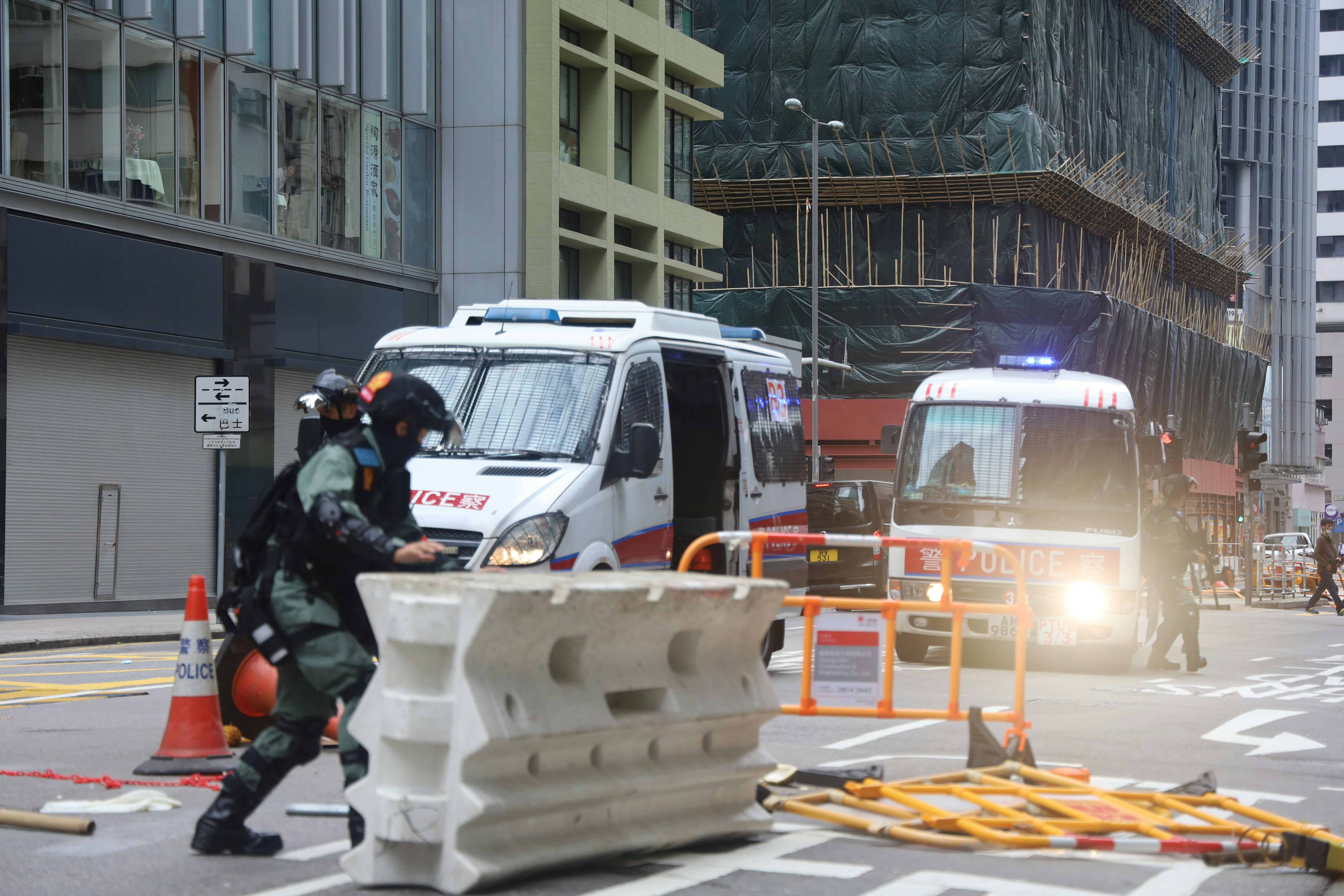
L&I Medical Only Claims and Workers’ Compensation Claims in Washington State
What is a “medical only” workers’ compensation claim?
As the name suggests, when an L&I claim is medical only, then L&I or the self-insured employer pays only the medical expenses. Therefore, you do not receive other benefits such as compensation for time lost, loss of earning power, or permanent partial disability. You also cannot receive benefits for permanent total disability or death. When a workers’ compensation claim pays these other benefits, it is called a “compensable claim.”
From my perspective, “medical only” claims are appropriate when doctors can treat the workplace injury or occupational disease quickly. In practice, this type of L&I claim works when there is no interruption in your employment or ability to earn wages. For example, a work injury claimant who is cut at work may need urgent medical attention. The person is rushed to the hospital to clean and dress or stitch the wound. If all goes well, the injured worker may miss less than a day of work. The injury will heal and will not have a limiting impact on the worker’s ability to do their job. Under these circumstances, a “medical only” workers’ compensation claim is appropriate. The insurance covers medical expenses due to an accident at work. Thereafter, there is no need for any other benefits under the claim.
Employing Tactics Under a Workers’ Compensation Claim
People who are injured on the job should know that L&I provides incentives to employers with no claims (or “medical only” claims). Businesses that prevent workplace injuries from occurring get a “no-claims discount” from L&I. Here, the condition is not having a “compensable claim” for a period of 3 years. Employer discounts range from 10-40% off the base rate for your business. Consequently, some companies and employers go to great lengths to ensure that no compensable claim is recorded.
Some employers reduce compensable workers’ compensation claim volumes by increasing workplace safety. Others provide employees with accommodations and flexibility so as not to interrupt the worker’s employment. I applaud such employers because it is a victory for both the worker and the employer.
Unfortunately, some employers try to limit compensable claims unfairly, to the detriment of the worker. In these cases, employers may argue that the injuries are less important than they are. Another strategy is when the employer creates a job to keep the work injury claimant working, regardless of the claimant’s medical condition. For example, some people have been paid their regular salary to watch safety videos while recovering from injuries. This is not necessarily a bad thing, unless the employer has ulterior motives. For example, when employees have a workers’ compensation claim, some employers struggle to find the basis for dismissing the work injury claimant with just cause. When an employer fires a person with a workers’ compensation claim for cause, he or she is not eligible to receive benefits such as time-loss compensation benefits.
Summary and conclusion
To summarize, a medical-only workers’ compensation claim is appropriate after a simple on-the-job injury. Remember, such a workplace injury must not have a long-term impact on your physical abilities or future employment. However, if you have suffered a more serious illness or injury, the Industrial Insurance Act (RCW 51) provides other claim benefits. Additionally, these other benefits are important when your work injury has a real impact on your functioning and employability.
This article first appeared at https://tarareck.com/l-and-I-claim-medical-treatment/